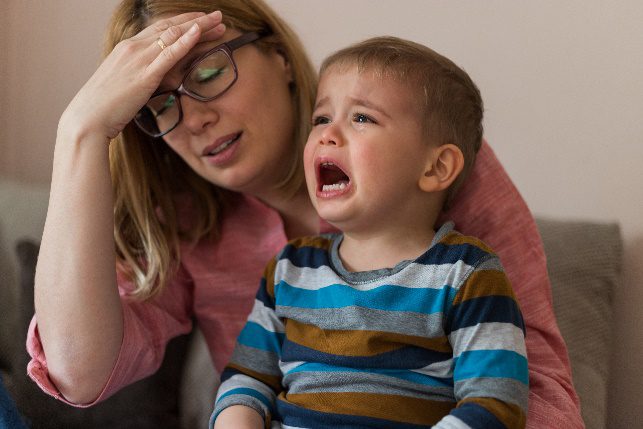You know your child best. We identify your child’s strengths and weaknesses to determine if a deficit or problem exists. Once that is accomplished, we put together a comprehensive treatment plan with appropriate goals and effective strategies to help overcome any challenges that may exist. Our objective is to provide parents with information about the nature of the deficit and its impact on communication and learning.
The truth is … we need YOU! Our greatest gains are seen when parents and professionals work together. Our time with the children is often limited to one or two sessions per week. When parents carry over and continue to use the strategies provided in therapy, progress is achieved at a greater rate. Children have many more opportunities to practice and improve new skills when parents participate in the treatment team. We want parents to understand their child’s goal, what was done in therapy, and how to continue working on these skills throughout the week.
Why should parents be involved in therapy?
Parent-implemented speech and language interventions have a significant, positive impact on receptive and expressive language skills of children. Most therapy programs include some component of parent education. A study by Roberts & Kaiser (2011) indicates that effective programs that involve training of parents lead to parents successfully learning and putting into action specific language intervention strategies that resulted in improvement in their child’s receptive and expressive language skills.
How can I be part of the therapy team?
Your Participation:
We love when parents take the opportunity to observe speech therapy sessions. This doesn’t mean that you need to be there for the entire session, perhaps just a few minutes. The honest truth is that some children do better in therapy when a parent is not in the room. Some little ones turn to their parents for hugs or support when they feel things are a bit more difficult to do. The same child may actually attempt new skills when mom or dad is not in the room. Both you and your child’s therapist need to determine what is in your child’s best interest. Even if you are out for most of the session, we want you to come back the last few minutes of the therapy session so we can model specific techniques in action or even explain a home activity we want you to work on. This will also allow us to update you on progress in the therapy session. Talk to your child’s therapist and let him/her know you want to be involved, observe, or even participate in a session. With older children, coming back at the end of the session may be equally important. This sends your child the message that you are committed to their progress. If you can’t be there, ask your child’s therapist to keep you in the loop through emails or telephone calls.
Follow Through:
We like to give “home-work” in the form of home activities. This helps your child generalize new skills to other environments such as home or school. We want to provide specific exercises or activities for your child to practice outside of therapy. It is ok if you are practicing a skill your child already has. It may be that we feel that practice opportunities will help that skill become more automatic. We may ask you to use a specific therapy technique as well. Our goal is to teach you to be confident in following through on the homework with your child. You too can be powerful teachers of speech and language.
Communication is key:
Communication with other professionals: It is not uncommon to see children who are receiving services from multiple providers, other therapists (i.e., psychologists, occupational therapists, behavior therapists). Even teachers can be supportive members of the team. Connecting everyone is a great way to ensure good communication. Make sure to sign the release forms that allow your therapist to speak with others that provide treatment for your child.
Communication with your PSLS therapist: Please share information with your child’s therapist about upcoming events that are important to the child’s life. Did Grandma just leave for the summer? Are you going to Disneyland? Knowing what’s happening in your child’s life helps us make your child’s therapy more relevant. Are there language targets that are important to them? Did you get a new dog? Perhaps your child needs help pronouncing his name or his teacher’s name. You can call, email, create a communication notebook, or just talk to your child’s therapist at the end of the therapy session. We want to make a difference in your child’s life; so, these little bits of information can be very important. We encourage you to share information you are noting at home or even any concerns you may have.
Other Team Members: Are your child’s grandparents, uncles/aunts, or even nannies involved in bringing your child to therapy? Communication with them may be equally important. If grandma takes care of your child while you work, you will want to sign an information release to allow us to speak with her about strategies and home activities.
Welcome to the therapy team! We want to help you integrate the new skills your child is learning into daily tasks. We know you care! That is why you bring your child to therapy. We are looking forward to a successful collaboration with you working to help your child achieve real success!
Resource:
Kaiser, A and Roberts, M., The Effectiveness of Parent-Implemented Language Interventions: A Meta-Analysis, American Journal of Speech-Language Pathology, Research Article1 Aug 2011.





